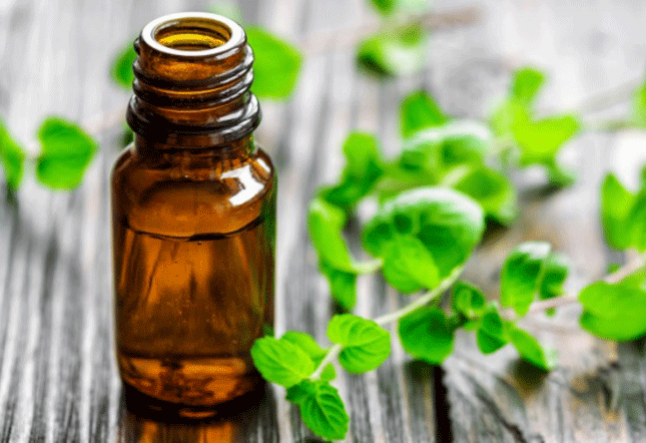all about myrrh oil

commiphora myrrha
The oil is taken from the resin of the plant.
History
Myrrh has long been valued both in religious ceremonies and medicinally. The Egyptians used this warm, rich, spicy, camphoraceous oil for embalming. They also used it to make healing unguents and burned it as incense. The ancient Hebrews drank it with their wine to raise consciousness. The Romans and Greeks put it in healing salves and ointments.
The use of myrrh is discussed in the world’s oldest surviving text- the Ebers Papyrus (1500 B.C.). First mentioned almost 4,000 years ago, in Eastern and Western medicine and mythology, myrrh was a luxury commodity and one of the three precious gifts carried by the Magi at Christ’s birth.
Effects
• Unites the physical with the spiritual. Promotes inner stillness and peace.
• Antiseptic, anti-inflammatory, antibacterial and anti-fungal, decongestant, astringent; heals wounds, brings on menstruation.
• Stimulates the mind and fortifies the nerves. With its opening character, the fragrance may be useful for people who want to move forward spiritually. In helping to soothe nerves and cool emotions, this joyous oil may restore, uplift and mollify. It is often used to set a tranquil and peaceful mood, conducive to meditation, prayer, and yoga. It is also great for enhancing spirituality and is most useful when meditating.
Uses
With a significant history in wound care and for respiratory problems, today Myrrh is more likely to be used cosmetically to revitalise aging skin.
It is an expensive but effective treatment for chapped, cracked, or aged skin, eczema, bruises, infection, varicose veins, ringworm, and athlete’s foot. It is very helpful when applied to herpes sores and blisters.
Myrrh oil is effective against excessive mucus in the lungs and helps to clear ailments such as colds, catarrh, coughs, sore throats and bronchitis. It is used for diarrhea, dyspepsia, flatulence and hemorrhoids. It is very good for mouth and gum disorders, such as mouth ulcers, pyorrhea, gingivitis, spongy gums and sore throats.
It is of great help to promote menstruation and for relieving painful periods and to ease difficult childbirth.
Bedsores deeply chapped and cracked skin, boils, carbuncles, acne and all other skin ailments show dramatic results when myrrh oil is used to treat them, and it can also be applied with a cotton bud directly on sores, wounds and other skin infections.
Safety precautions
Not during pregnancy. Because it may increase thyroid activity, do not use myrrh if you have an overactive thyroid.
Read next >> all about cedarwood oil